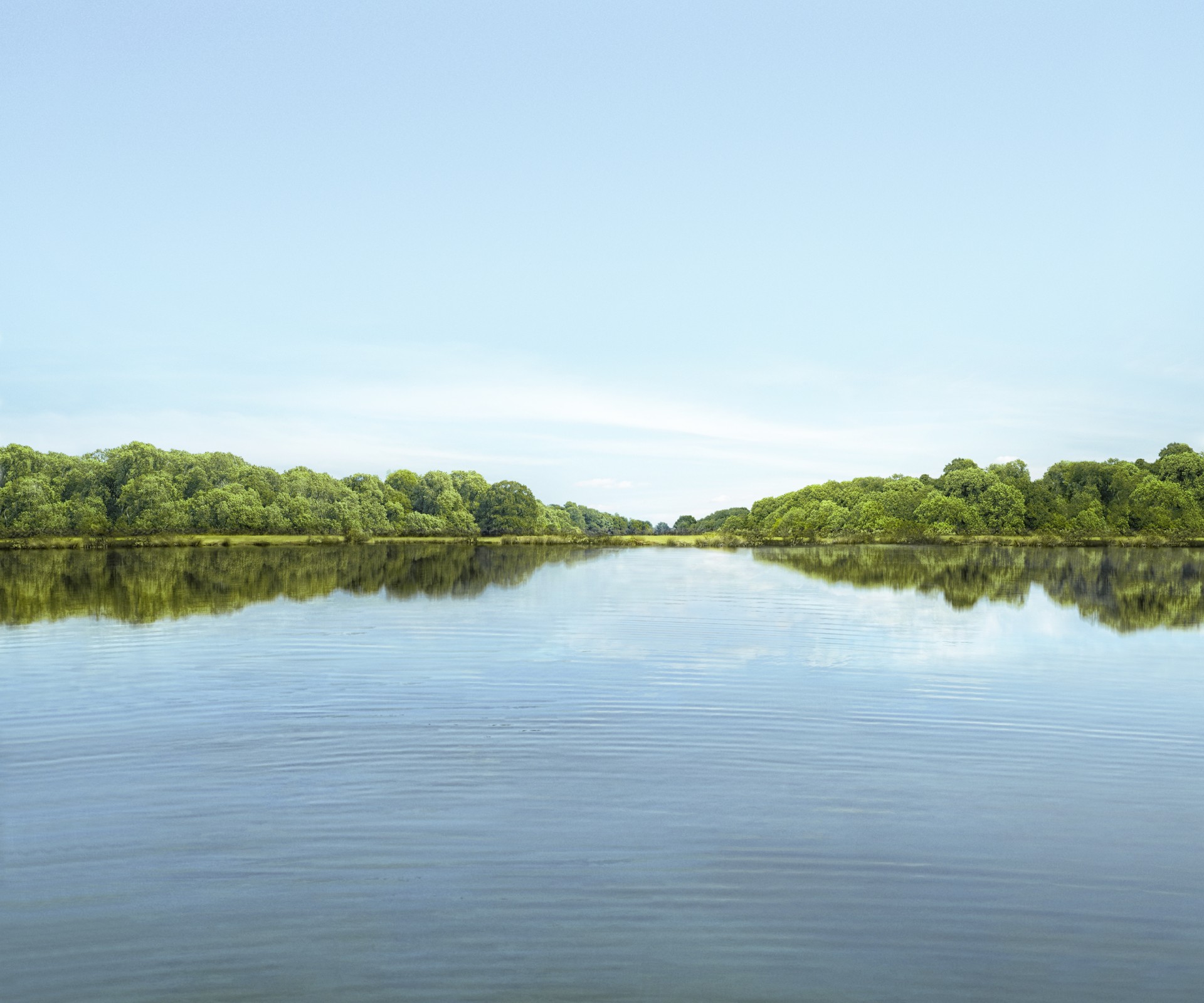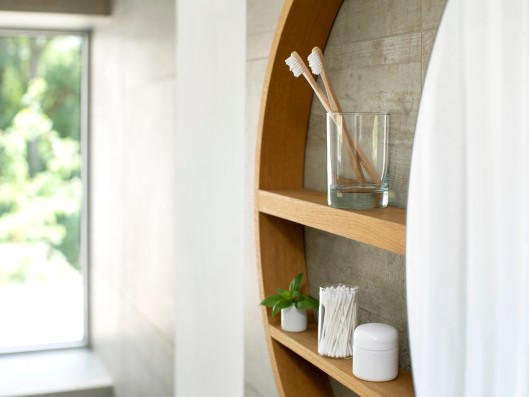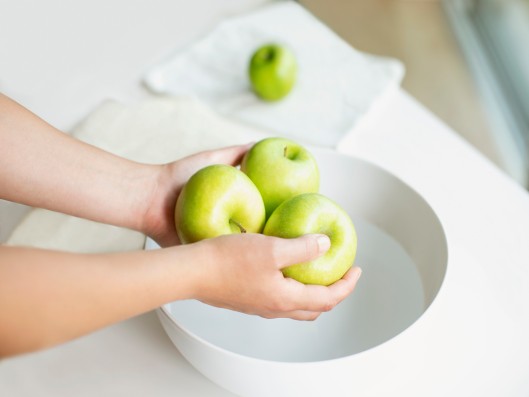
Keeping things clean with less water
Water is a precious commodity. But because it is so easily available to us and almost everywhere, we are not always aware of how precious it is. We should therefore be all the more careful to use water wisely and not waste it. The home is a good place to start. We just have to be prepared to change a few habits.
Why should I save water?
Using water means consuming energy. Water pumping and treatment and the distribution of fresh drinking water to our homes all uses energy. And wastewater disposal also costs energy.
The more energy we use, the more greenhouse gases are emitted into the environment and global warming gets worse. Hot water supply in particular requires a lot of energy. You should therefore think about whether you really need the water to be hot before using it. Doing the dishes, for example, doesn't need hot water; lukewarm water works just as well.
Have a shower instead of a bath
A short shower is more beneficial than having a bath for many reasons. It's gentler on your skin, gets your circulation going and uses less water. But this only applies if you pay attention to a few things. Reduce your water consumption by turning off the shower while soaping. Make sure the water is not too hot. A lukewarm shower is better for your circulation, does not disrupt the skin's acid mantle, and uses less energy. Before you have your daily shower, ask yourself if you really need it or if perhaps a wet flannel is enough.
Dishwasher with eco cycle
You shouldn't really wash your dishes under running water either. A dishwasher uses much less water than washing dishes by hand, especially on the eco cycle. Economical dishwashers, for example, only use about 15 to 17 litres per cycle. When buying a dishwasher, make sure the model has energy efficiency class A as well as an eco cycle, and only run the dishwasher when it is full.
Saving water when making hot drinks
When we heat water in a kettle, we often use more water than necessary. The next time you make a cup of tea or coffee, make sure you only heat up as much water as you actually need.
Using rainwater to water plants
And speaking of the garden, this is where we need a lot of water. Plants and the lawn like rainwater with low lime content. Simply collect rainwater in a barrel and use it to water your garden. If you don't have room for such a barrel and have to use tap water, if possible water the plants close to the roots in the morning or evening. That's when it's not too hot outside and the water evaporates more slowly, which means less watering and less water consumption.

